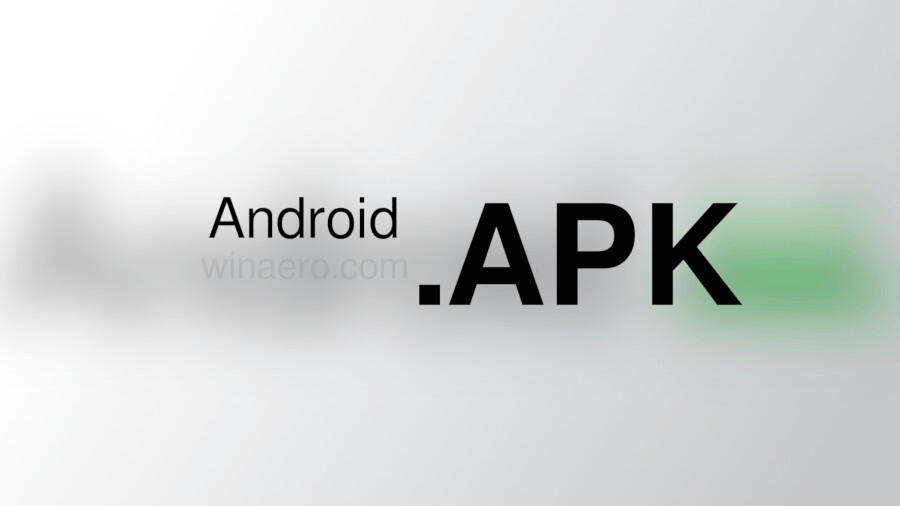Google has announced new requirements for application installation on certified Android devices. Starting in 2025, only apps from developers who register with Google and verify their identity will be allowed on these devices.

From October 2025, a test phase will begin. By March 2026, all developers will have access to the verification process. The requirement will become mandatory in Brazil, Indonesia, Singapore, and Thailand by September 2026. Expansion to other countries will occur gradually throughout 2027.
Advertisеment
Devices undergoing certification must comply with Google’s security standards. These devices gain access to Google Play Protect and the ability to install apps from the Google Play Store. Certification also ensures correct integration of Google services and eligibility for security updates. Most major manufacturers certify their devices to maintain these features.
Manufacturers of certified devices will need to implement additional checks for installed applications. Unofficial firmware based on the Android Open Source Project (AOSP) may still allow installation from any source.
The change aims to reduce the spread of malicious software. Google reports that third-party sources distribute 50 times more harmful apps than the Google Play Store. Many of these apps use deceptive methods to prompt users to download APK files outside official channels.
A new system, the Android Developer Console, will support developers who distribute apps outside Google Play. It will allow them to register applications and obtain a unique identifier. Separate account types will be available for individual developers, students, hobbyists, and commercial entities.
Developers already publishing on Google Play are exempt from additional steps, as verification has been mandatory for Play Store submissions since 2023.
The verification process consists of two stages:
- Submission and confirmation of personal information, including full name, address, email, and phone number. Individual developers may need to upload a photo of a government-issued ID. Organizations must verify their website and provide a DUNS number.
- Application registration, where developers list their apps in a dedicated directory and confirm authorship using the app’s package name and digital signing keys.
The details are in this blog.
So, if some app has no presence in Google Play, it won't be installed on such certified device. A multimedia player, 1by1, comes to my mind. It is not available on GP, and is distributed as the APK file only. Some F-Droid apps may be affected as well.
Finally, the change may affect third-party app stores. AFAIK, Huawei's App Gallery comes with some extra features, exclusive to Huawei devices, and apps listed there won't match ones from Google Play, so may fail to pass verification. Obviously, this may affect more stores and apps.
Support us
Winaero greatly relies on your support. You can help the site keep bringing you interesting and useful content and software by using these options:
